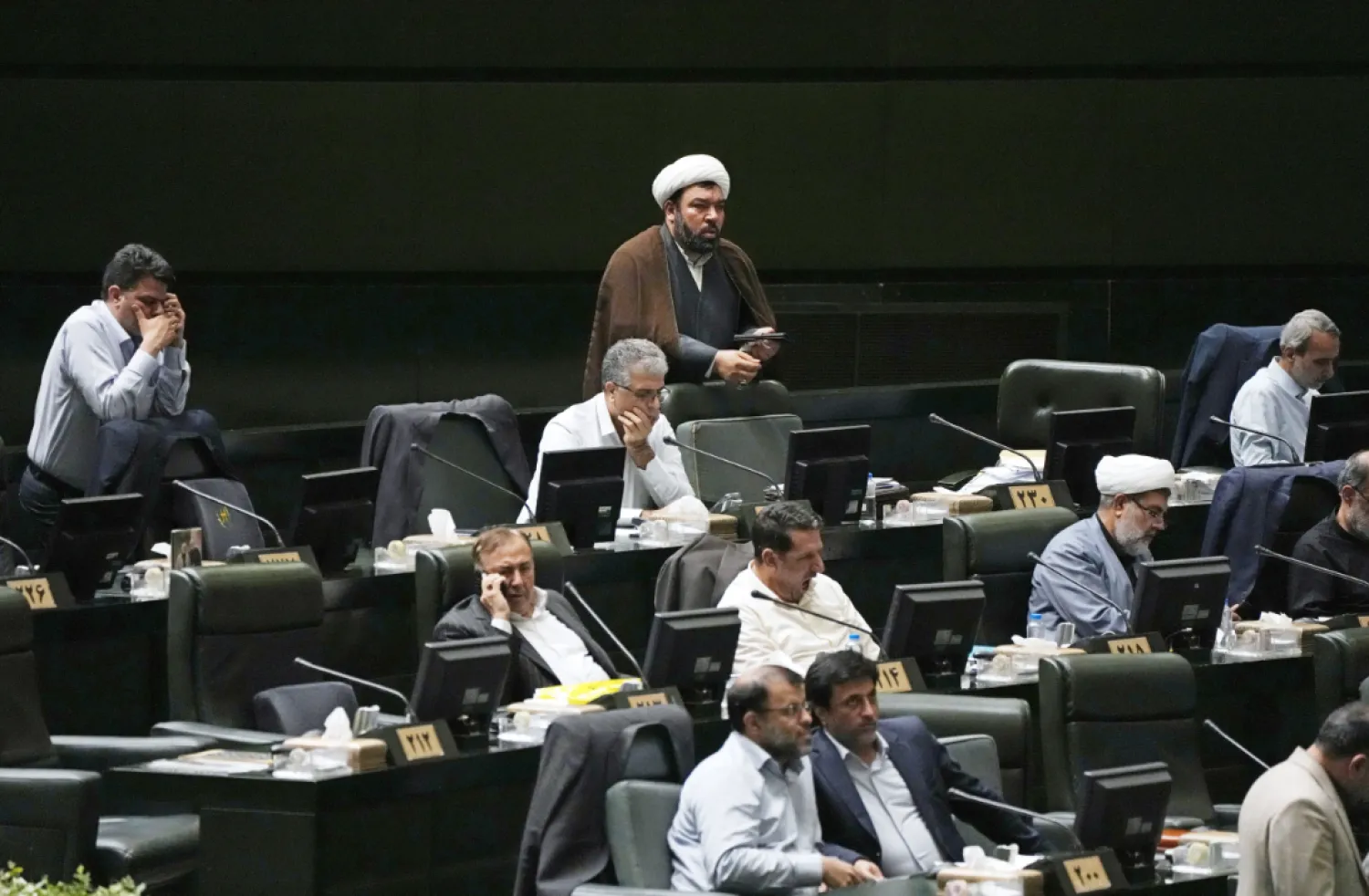Iran's hard-line parliament on Wednesday approved all members of reformist President Masoud Pezeshkian's Cabinet, the first time in over two decades a leader has been able to get all of his officials through the body.
The approval marks an early win for Pezeshkian, a longtime lawmaker who found himself catapulted into the presidency after a helicopter crash in May killed his hard-line predecessor.
Getting his officials approved shows Pezeshkian picked a Cabinet of consensus with names palatable to all of the power centers within Iran's theocracy, as opposed to going for controversial choices as well. Former Foreign Minister Mohamamad Javad Zarif, who campaigned for Pezeshkian in his election, later resigned as a vice president for the new leader over the Cabinet selections, The AP reported.
Underlining that point, Pezeshkian immediately posted an image online with him standing next to Iran's judiciary chief, and the country's parliament speaker, a hard-liner he once faced in the election.
“Consensus for Iran,” he wrote in the caption.
Among those in Pezeshkian's new Cabinet is Abbas Araghchi, 61, a career diplomat who will be Iran’s new foreign minister.
Araghchi was a member of the Iranian negotiating team that reached a nuclear deal with world powers in 2015 that capped Tehran’s nuclear program in return for the lifting of sanctions.
In 2018, then-President Donald Trump pulled the US out of the deal and imposed more sanctions on Iran. Pezeshkian said during his presidential campaign that he would try to revive the nuclear deal.
The candidate who received the most support from lawmakers was the country's new defense minister, Aziz Nasirzadeh, who received 281 votes out of 288 present lawmakers. The chamber has 290 seats.
Nasirzadeh was chief of the Iranian air force from 2018 to 2021.
Health Minister Mohammad Reza Zafarghandi received the lowest number of votes with 163.
The only female minister proposed, Housing and Road Minister Farzaneh Sadegh, a 47-year-old architect, received 231 votes. She is the first female minister in Iran in more than a decade.
Dropping proposed ministers has been a tradition in Iran’s parliament, making Pezeshkian's success that much more striking. Former reformist President Mohammad Khatami was the only president who received vote of confidence for all of his proposed ministers in both 1997 and 2001.









